On August 28, in Beijing, US Secretary of Commerce Gina Raimondo and her Chinese counterpart Wang Wentao agreed to establish a working group on investment and trade issues, as well as exchange information related to semiconductor export controls.
Senior government officials and representatives from the public sector will participate in the group, which will meet twice a year at the deputy secretary level, beginning in the United States in early 2024, according to a statement released after the meeting by the US Department of Commerce.
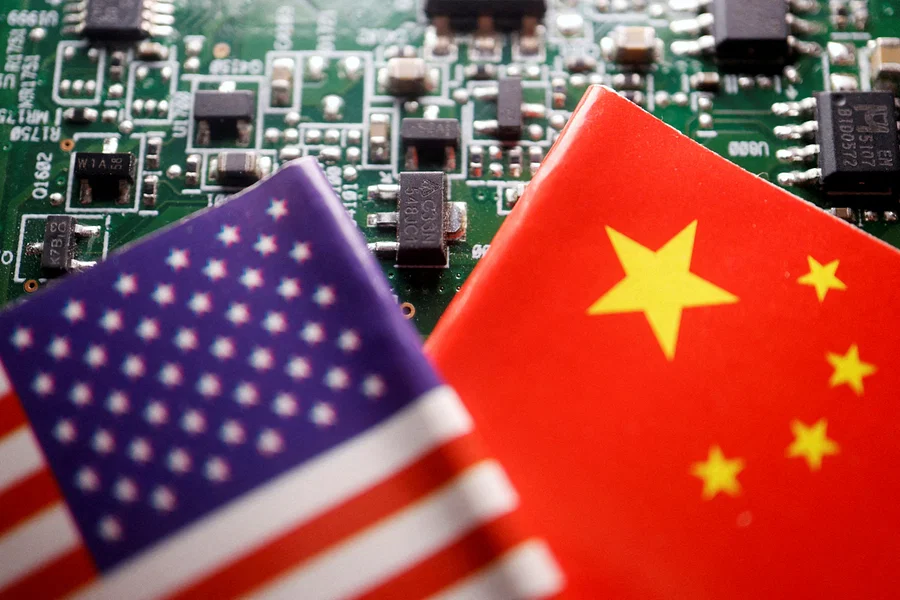
Export controls on chips and other key products are discussed independently at the assistant minister level. The first meeting took place in Beijing on August 29.
The two sides also agreed that their trade ministers would meet face-to-face at least once a year to prevent unexpected escalations in bilateral tensions. Their agreement comes amid concerns that rising tensions are hurting economic growth in both the US and China.
US-China semiconductor export restrictions escalated in October 2022 when the US banned the export of advanced chip equipment and technology to China. US exports of chip manufacturing equipment to China fell by half in the first six months of the year.
This year, China banned companies from buying products from Micron Technologies and began requiring licenses to export chipmaking materials. In early August, the US announced restrictions on US investment in China in areas such as semiconductors, artificial intelligence, and quantum technology.
At the meeting, Minister Raimondo said the US restrictions target technologies that have clear impacts on national security and human rights , and are not intended to curb China's economic growth.
Some Republican lawmakers have opposed the creation of a new working group with China, fearing it would lead to greater concessions from Washington. Still, bilateral tensions could impact economic ties beyond semiconductors.
For the first time in 15 years, China lost its position as the top exporter to the US. US direct investment in China also fell by nearly 90% in the second quarter of 2023, to its lowest level since 1998.
With the American business community increasingly frustrated with lost opportunities in China, Ms. Raimondo called for improved ties in tourism, as well as in trade areas with less national security implications. Civil aircraft, for example, were once the largest U.S. export to China, but orders fell by about 70% between 2018 and 2022.
However, whether overall relations between the two countries can improve will require time to tell.
(According to Nikkei)
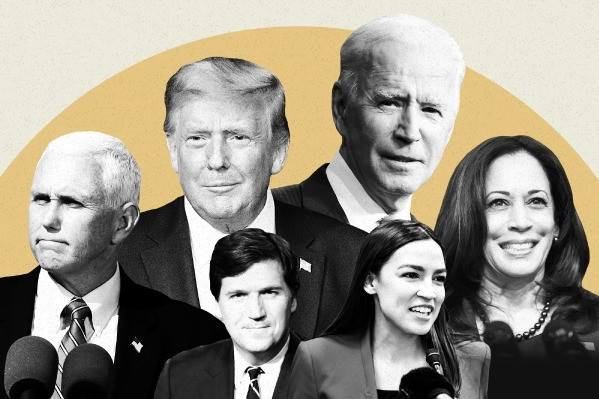
Source










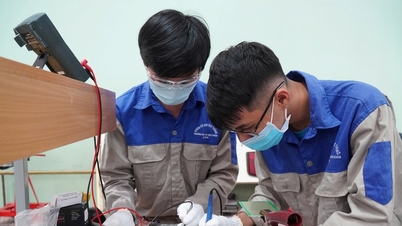


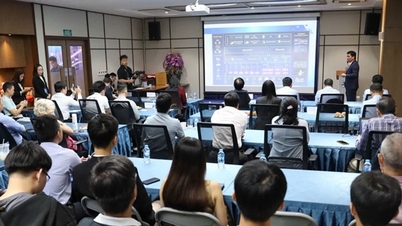

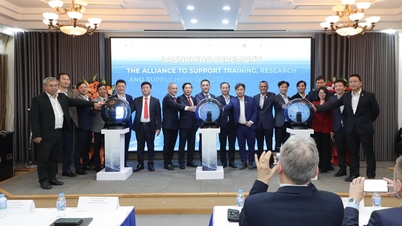

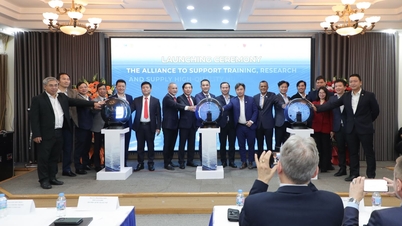





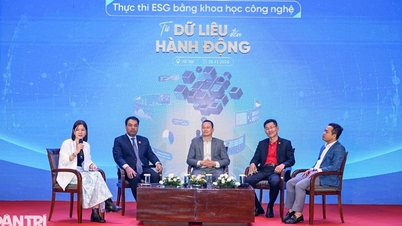








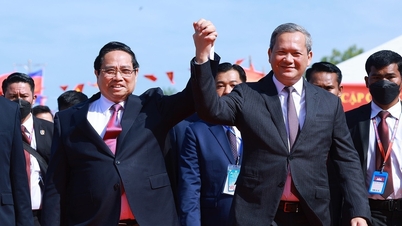


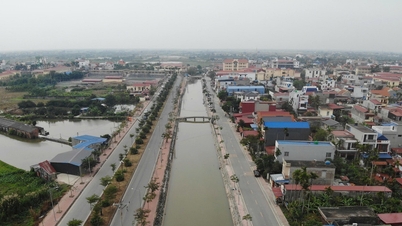
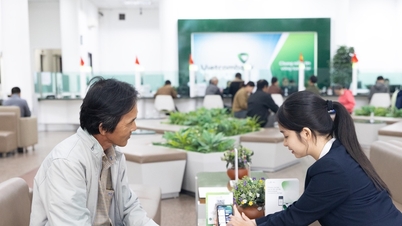






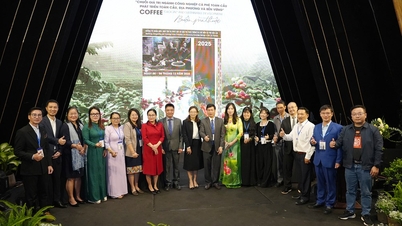
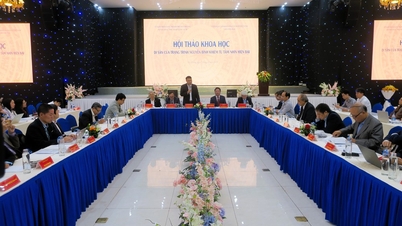


















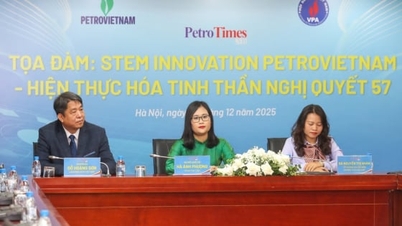


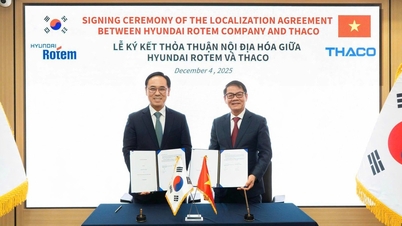














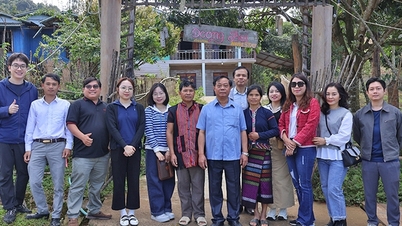



































Comment (0)